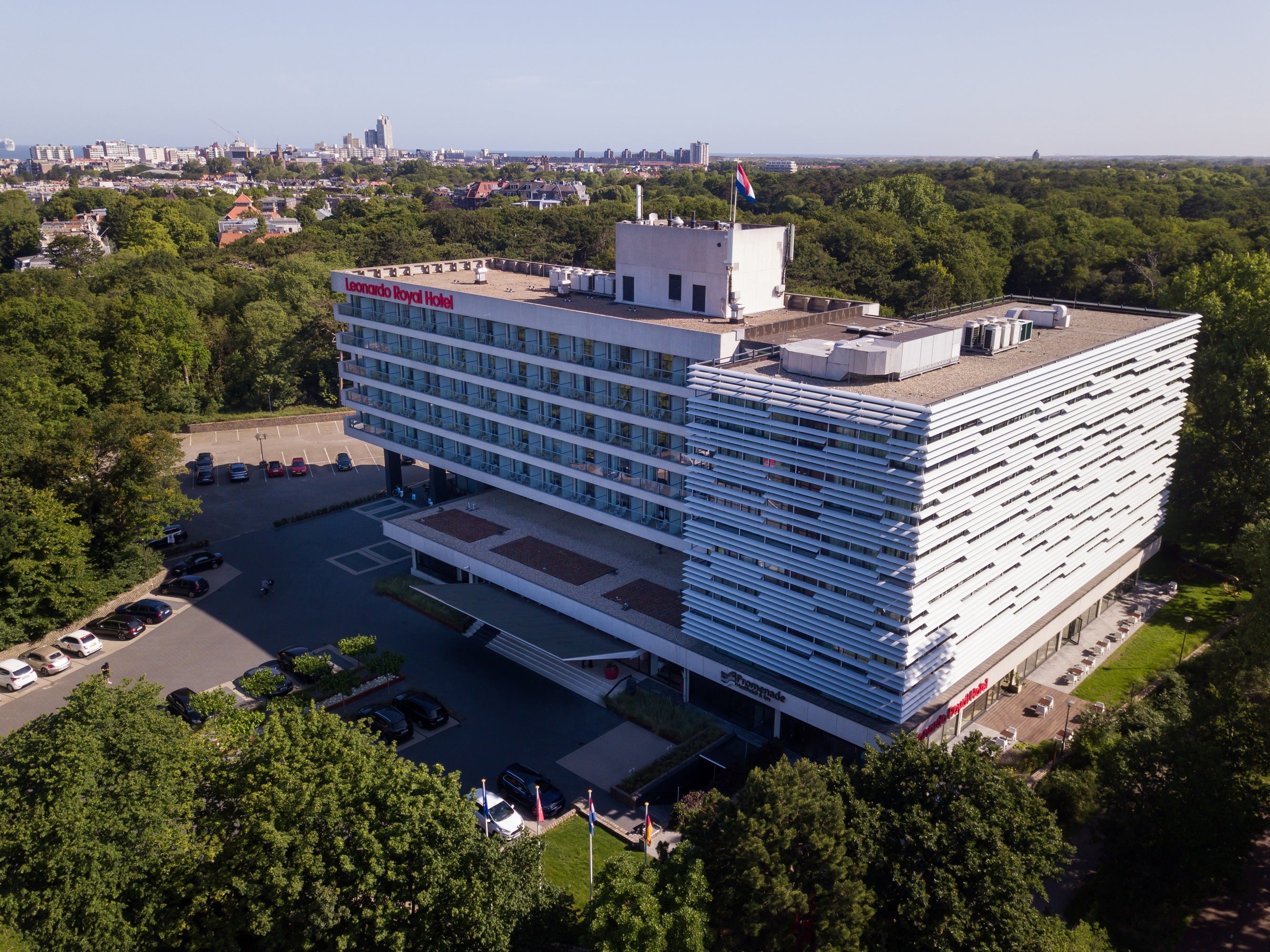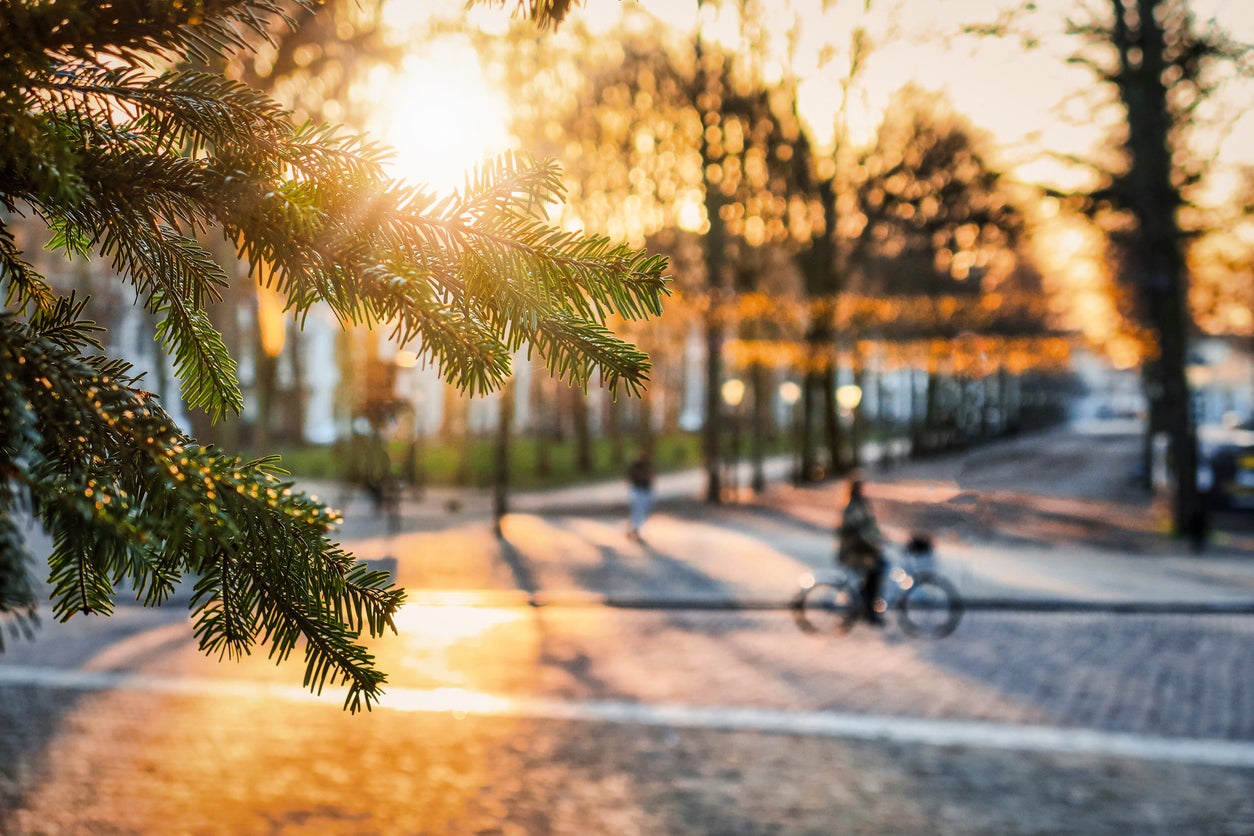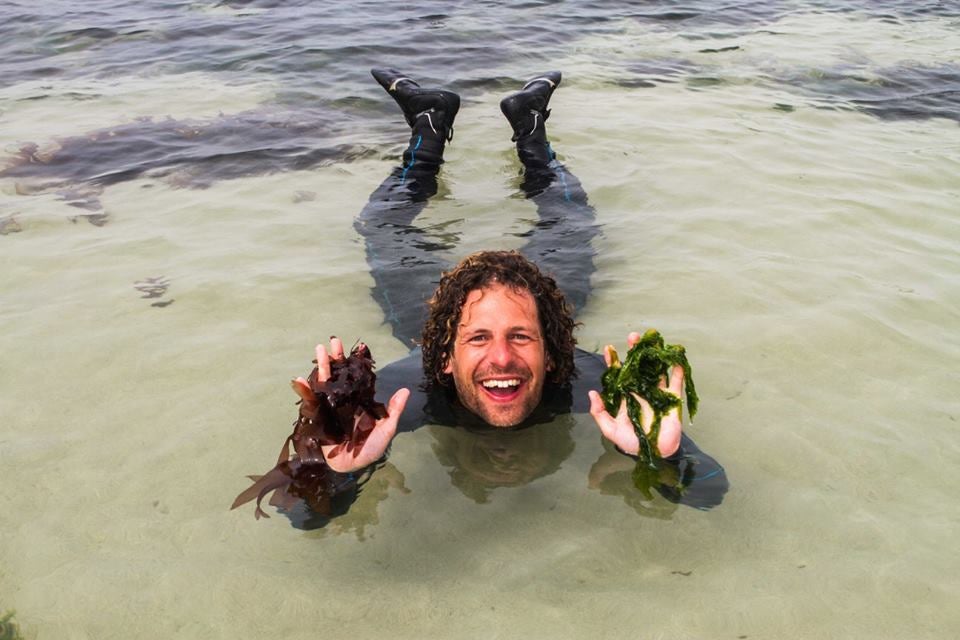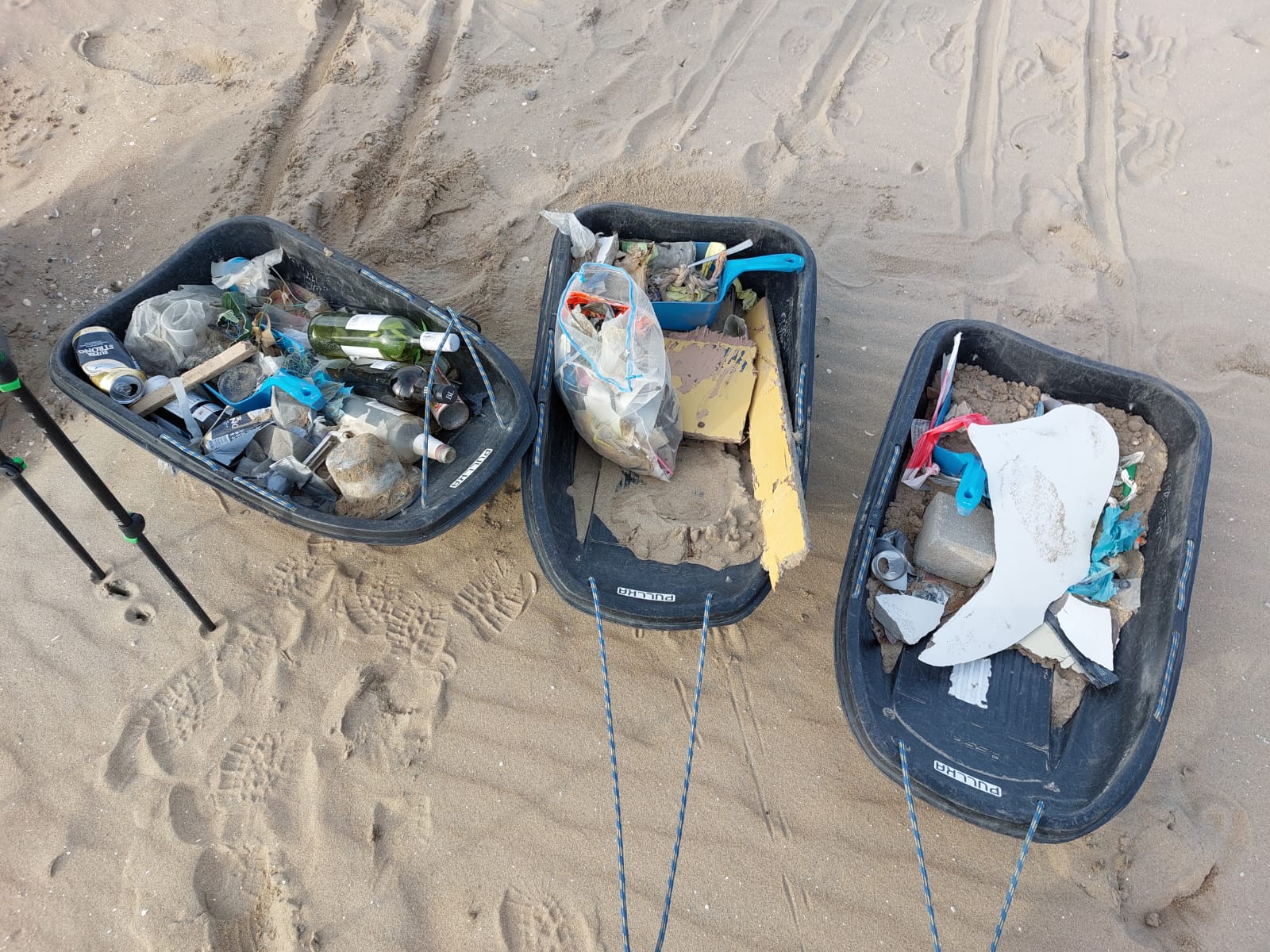
The international city of peace and justice is the greenest in the Netherlands. While 460 public gardens and parks naturally offer soothing green space in the traditional sense of the word, it’s hard to think of another city – although the village-like Hague has never officially gained city status – driving so hard for sustainability.
With 11km of coastline, The Hague’s ambitious climate-neutral by 2030 commitment – 10 years ahead of the Dutch national goal – looks to clean energy solutions, diversifying freshwater supplies and natural or high-tech ways to guard against rising sea levels.
It’s refreshingly easy to be a ‘green tourist’ here, among the tree-lined boulevards, art-nouveau architecture and sandy North Sea coast. The Hague ranks second in the Netherlands in terms of the highest number of vegetarian and vegan restaurants; there are forward-thinking, sustainable hotels to stay in; and plenty of places to shop where the focus is on second-hand, vintage, recycled or locally made products.
Here’s how to plan a responsible, eco-inspired break here.
Stay

It’s a mouthful to say out loud, but the Leonardo Royal Hotel Den Haag Promenade is easy to stay in. A mile from coastal Scheveningen, this sharp new-build backs onto the wooded Scheveningse Bosjes park; some of the pared back rooms offer soothing views through a wall of windows. Find further relaxation at the health club’s pool, saunas and treatment rooms. Multiple reasons the hotel has Green Key Gold status (the leading standard for excellence in the field of environmental responsibility and sustainable operation within the tourism industry) include the grass roof, mainly LED lighting, water-saving toilets and showers, electric charging points, food-waste reduction and eco-cleaning products. Even your evening tipple is local, with Dutch gin served at the glitzy bar. Tram 1 stops in front of the hotel. leonardo-hotels.com/the-hague
Rooms available from{{#price}}{{price}}per night{{/price}}{{^price}}Check availability for dates and prices{{/price}}
Rates provided by Booking.com
Dolly is a vegetarian restaurant dishing a mean banana bread, just along the store-lined Noordeinde from its sister, Bookstor (see below). Above this cosy book and painting-lined cafe, the Bookstore Hotel is an eclectically-furnished two-bedroom B&B with yet more books in an art-clad loft space. Bikes available to hire. bookstor.nl
Rooms available from{{#price}}{{price}}per night{{/price}}{{^price}}Check availability for dates and prices{{/price}}
Rates provided by Booking.com
Read more of our Amsterdam hotel reviews
The 100-year-old Bookstor is a heaven for bibliophiles, offering co-working spaces with towers of paperbacks to borrow and the twin joys of cute garden space and a street-facing terrace with a view of Noordeinde Palace for al fresco oat latte fixes and homemade date cake. It’s cosy and homely, with old armchairs to sink into while you flick through a novel.

Vegane Glorie caters for plant-based diners as well as plant lovers with a quirky corner spot packed with a thriving array of potted plants and a menu with humorous notes (‘This is nut a meatloaf’) and colourful dishes including Teriyaki toast. They only open on Thursday and Friday for dinner and at weekends for brunch and lunch. Friendly staff singing along to Abba as they serve you at slightly school-desk-like tables adds to the down-to-earth feel.
More on Netherlands travel:
Everything edible at Ethica is sustainable, local and homemade, including the kimchi, a star ingredient in the cheese bitterballen (croquettes), beer and fish sauce. Sustainable here includes meat, which features on 20 per cent of the menu. If you fall in love with the flavours served at dinner (they open at 5pm), find their recipes on the website.
Shop
Don’t miss WWen’s sustainable and fair trade clothing and gifts made from Tencel and bamboo; Second Best Selected Treasures stops waste with second-hand capsule wardrobes chosen by the owner; and Episode is a chain of stores repairing and recycling clothes, with The Hague’s branch using solar-powered electricity to wash towers of colouful Converse.
Translating to “apple pie feeling” in English, Het Appeltaartgevoel store is as sweet as it sounds, lined with pretty and sustainable gifts for the home. Sustainable brands include Good&Mojo, who create lamps made of recycled plastic, and Tiny Miracles’ Dutch-designed paper vase cover, sales of which go to helping poor communities in Mumbai.
Sustainability and fashion aren’t always natural bedfellows, but some of Dutch designer Michael Barnaart’s collections defy the norm. He makes limited-edition ready-to-wear dresses from recycled PET bottles, and avoids over production. His good looking boutique is laid out like a Mondrian painting, nodding to his graphic Mondrian dresses, which have appeared in several museums.
Eco attractions
You can cycle from one side of the Hague to the other in 45 minutes, turning the entire city into an eco-playground. You can free wheel along 370km of bicycle lanes, with lock-ups and bikes for rent in plentiful supply. For example, the giant glass-roofed Den Haag Centraal Station opened the Netherlands’ second largest bike parking facility in 2020. In a country with more bikes than people, cyclists have 7,000 places to park their wheels in a museum-like white space with atmospheric back-lit glass walls decorated with Escher-inspired artwork.

Not to be confused with another substance associated with the Netherlands, Weed is an exhibition at Muzee Scheveningen until 25 June. The weed in question is seaweed, which could replace the dwindling fishing industry. A solar and seaweed farm test site 12km out to sea aims to harness this renewable and sustainable natural material that grows 30 times faster than land plants. This well-presented introduction to local eco champions includes surfer turned ‘Green Chef’ Jethro Van Luijk, who ditched burgers and booze for protein-rich seaweed and runs collect-and-cook-your-own workshops, while Toin de Zeewierman hosts seaweed-collecting walks. End the Muzee visit with tastings in the on-site cafe. Also notable are biodesigner Marjanne Cuypers’ brown seaweed plywood-like building sheets and designer Nienke Hoohvlirt’s textiles dyed with, you guessed it, seaweed. Adult entry €9.50.
Pullka Outdoor Training on the coast blends beach-based fitness with cleaning up the debris for the ultimate sustainable and socially conscious activity. In honour of friends who died on a polar expedition measuring ice thickness, Diederik Veerman began walking along the Hague coast with poles and a sledge – or pullka. Sledge harnessed around your waist, you either fill it with bottles and rusty nails (Diederik once found a sex toy) or pull it behind you over the dunes like a human husky as he fills it with more and more sand. Who needs a gym? €6.75 per person.

Travel essentials
Getting there
If you can arrive flight-free, then why not? The Stena Line ferry departs twice-daily from Harwich to the Hook of Holland, one-way from £76 (car and driver). Or travel from London or East Anglia with Greater Anglia and Stena Line’s combined car-free train and ferry ticket, Rail and Sail, one-way from £49.
Alternatively, take the Eurostar to Rotterdam followed by a speedy 25-minute train to Den Haag Centraal station, one-way from £64. Once there, hop on bikes, trams or electric and low-emission natural gas buses.







